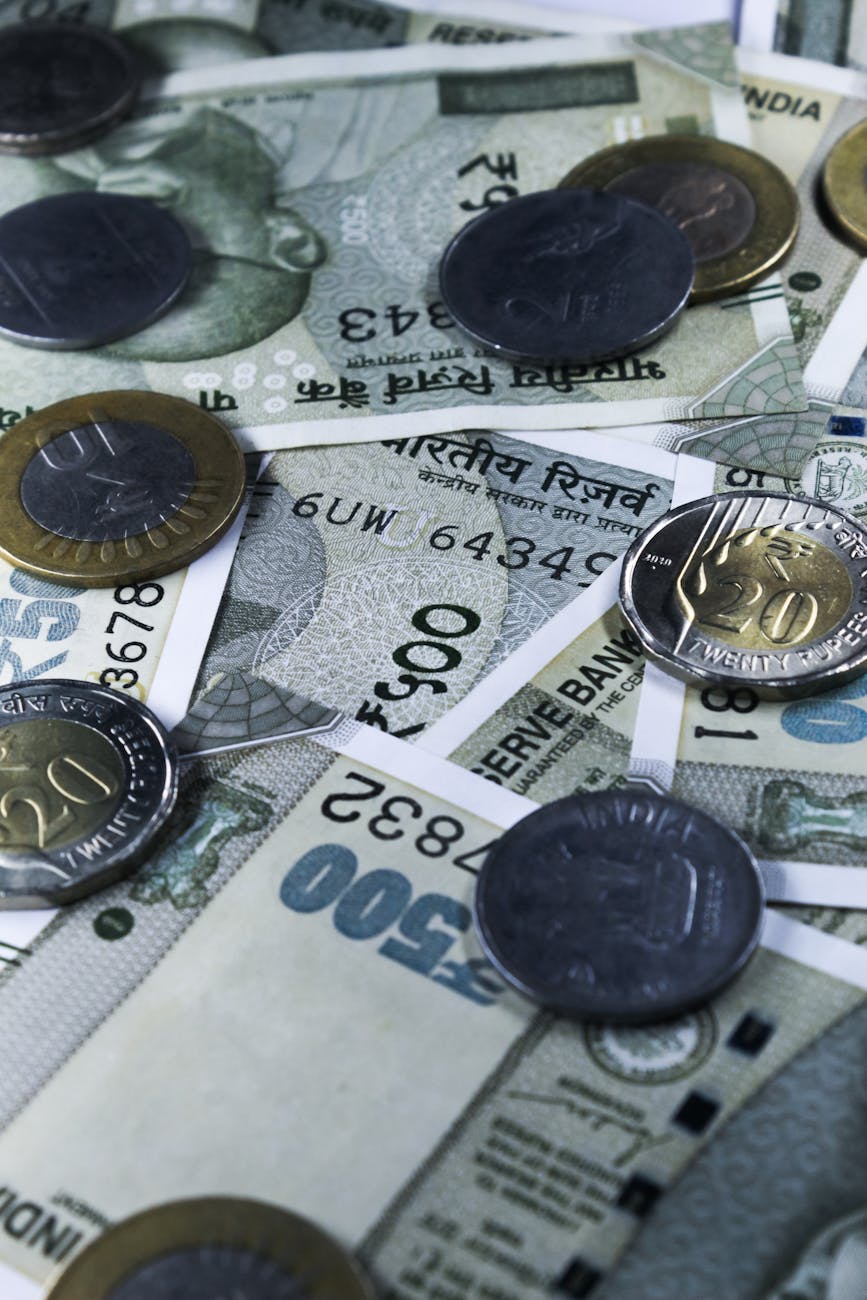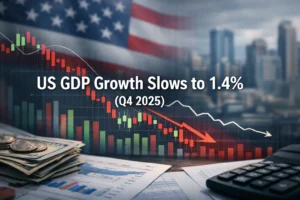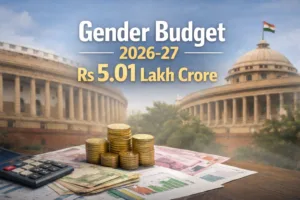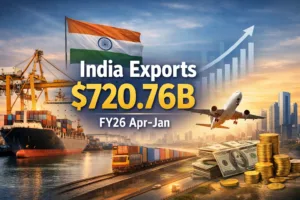India’s central bank RBI has reduced its key interest rate for the first time in nearly five years, aiming to support economic growth as inflation continues to ease. The Reserve Bank of India’s (RBI) monetary policy committee (MPC) unanimously decided to lower the benchmark repurchase rate by 25 basis points to 6.25% during its February meeting.
The decision comes amid concerns that a prolonged restrictive monetary policy could weaken growth momentum. RBI Governor Sanjay Malhotra stated that with inflation moving closer to the central bank’s 4% target, a lower policy rate was the right approach. He expects the rate cut to boost household spending, business investments, and overall demand, especially when combined with strong agricultural growth and supportive measures in the Union Budget.
Inflation Eases, Raising Hopes for More Cuts
Shortly after the policy announcement, inflation data for January showed price gains had slowed to a five-month low. The RBI forecasts inflation to average 4.2% in the next fiscal year, reinforcing expectations that further rate cuts could be on the horizon.
Saugata Bhattacharya, an MPC member who previously supported holding rates steady, warned that keeping monetary policy too tight for too long could hurt economic growth. He pointed out that excessive caution might suppress economic activity unnecessarily. However, he also noted that easing monetary policy could lead to currency fluctuations, though he did not see this as a major concern.
Economic Slowdown and Policy Adjustments
India’s economy is slowing, with growth expected to fall to a four-year low. Many analysts anticipate further rate cuts in the coming months to counteract the slowdown. The latest policy meeting was also significant because five of the six MPC members were relatively new to the panel. Governor Malhotra and Deputy Governor M. Rajeshwar Rao attended their first meeting, while three external members were appointed last October. The government has yet to name a permanent replacement for former Deputy Governor Michael Patra, who retired last month.
Diverse Views from RBI’s Policy Panel
Deputy Governor Rao highlighted the uncertainty in the global economic environment and stressed the need for flexibility in monetary policy. He emphasized that the RBI must remain watchful and respond swiftly to emerging risks.
Ram Singh, an external member, pointed out that slow wage growth was dampening private consumption. He argued that overly restrictive monetary policy had worsened the situation and welcomed the decision to ease borrowing costs.
Nagesh Kumar, an external MPC member, raised concerns about China’s economic situation, warning that excess capacity from Chinese industries could flood global markets and hurt Indian manufacturers. He noted that some sectors in India were already feeling the impact.
Rajiv Ranjan, an executive director at the RBI, underscored the importance of sustaining India’s high growth momentum over the medium term.
RBI Deputy Governor Warns Against Unsecured Loans and Risky Trading
RBI Deputy Governor M. Rajeshwar Rao cautioned against the surge in unsecured loans and risky derivative trading, warning of potential financial risks for individuals and banks. Speaking at IIM Kozhikode, he urged financial firms to educate customers on these dangers. Rao emphasized the need for financial awareness to prevent losses and fraud while boosting trust in banks. He also highlighted ULI’s role in disbursing ₹27,000 crore in loans, including ₹14,500 crore to MSMEs, supporting economic growth.
Looking Ahead
With inflation cooling and growth under pressure, the RBI’s latest move signals a shift toward supporting economic expansion. The central bank is expected to monitor economic trends closely and adjust policy accordingly in the coming months.

BBW News Desk is the editorial team of BigBreakingWire, a digital newsroom focused on global finance, markets, geopolitics, trade policy, and macroeconomic developments.
Our editors monitor government decisions, central bank actions, international trade movements, corporate activity, and economic indicators to deliver fast, fact-based reporting for investors, professionals, and informed readers.
The BBW News Desk operates under the editorial standards of BigBreakingWire, prioritizing accuracy, verified information, and timely updates on major global developments.














Be First to Comment